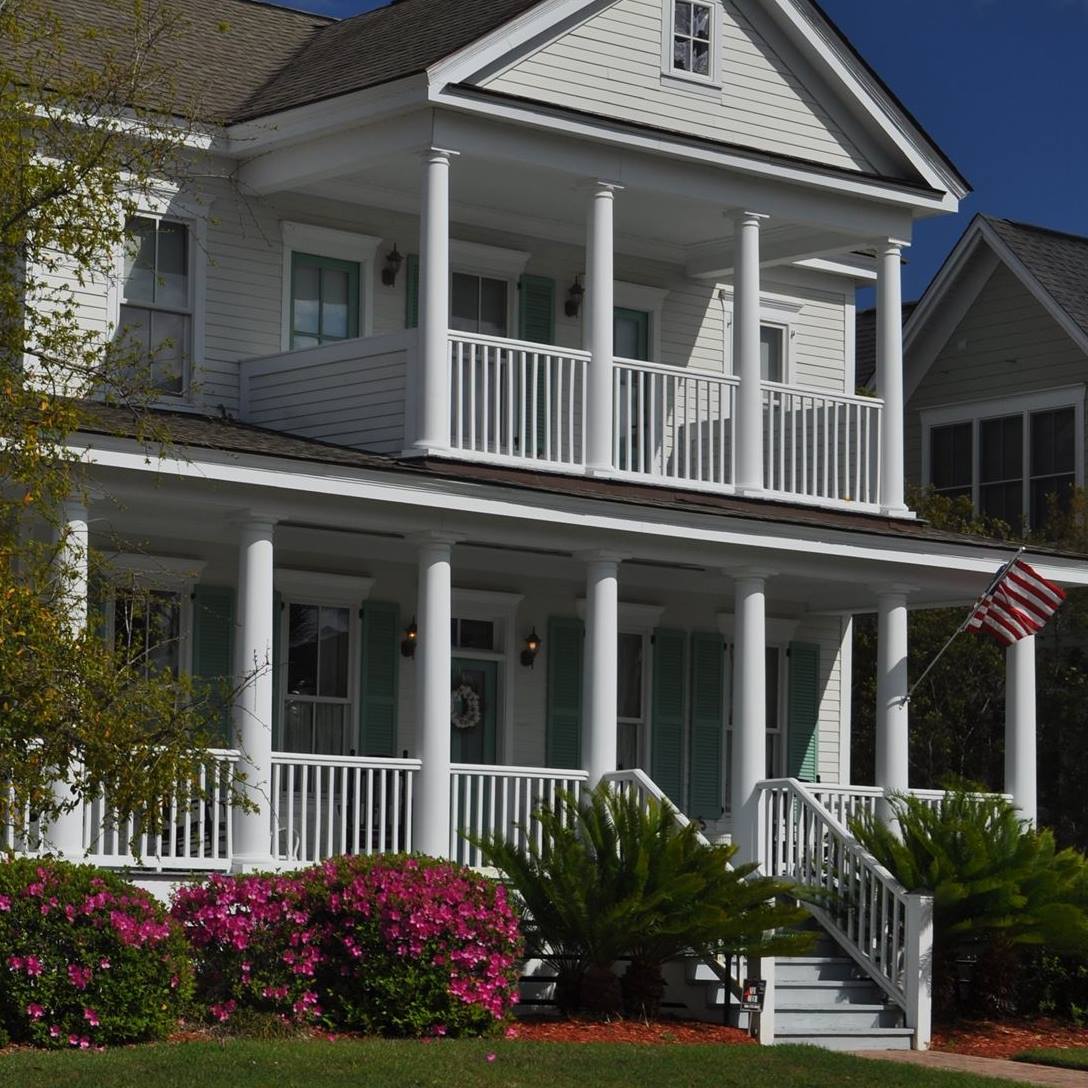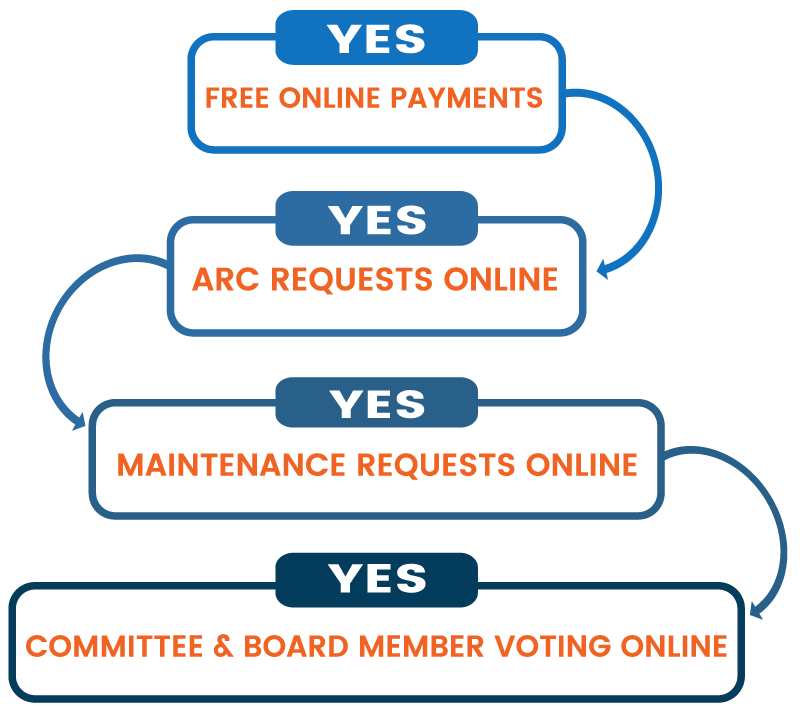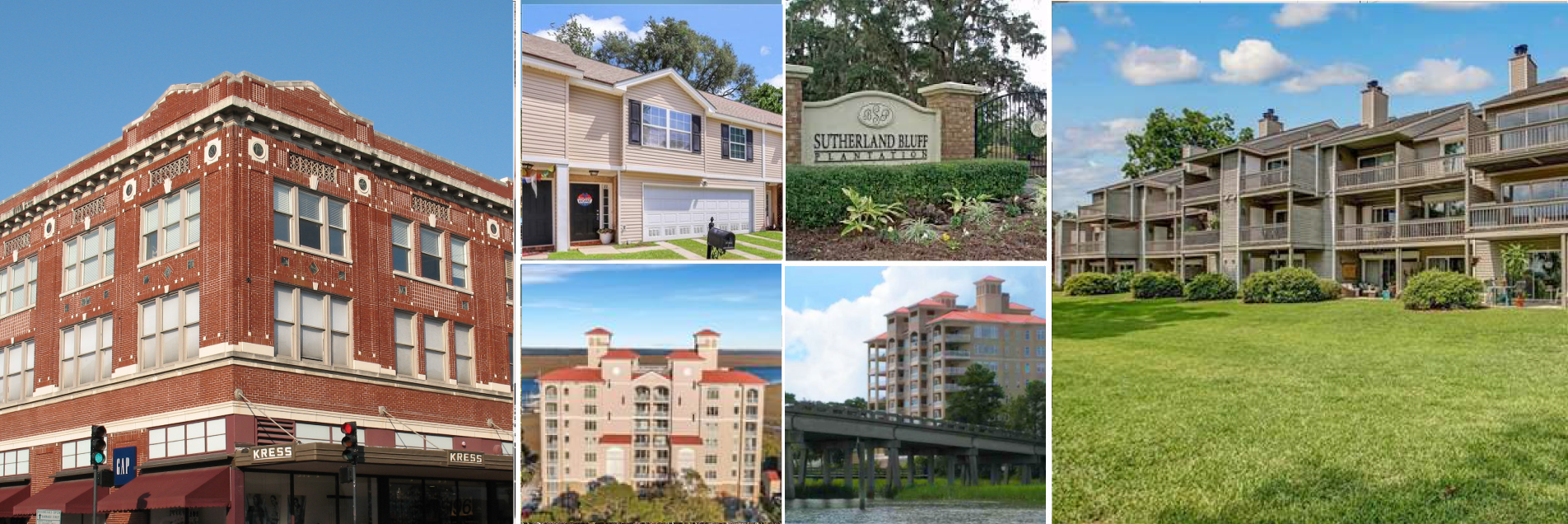
16 Years Of Experience
KEYSTONE HAS:
INTEGRITY, EXPERIENCE, SERVICE, & INNOVATION.
That is who we are, what we do and what sets us apart.
We are committed to maximizing the value of your development through the efficient management of your homeowners association.
Our team uses its knowledge and expertise to relieve association board members of the time it takes to manage the challenges of the day-to-day management of your development.
Our Commitment to You
Our
Commitment
to You


Homeowners
Frequently Asked Questions
What is a Community Association?
A community association may have any number of names, including homeowners association, property owners association, and condominium association. While there can be substantive differences among these types, the fundamental responsibility of an association is to preserve the nature of the community and protect the value of the property owned by members.
In Georgia, Community Associations have three things in common:
- Mandatory Membership – Membership in the Association is automatic and required when an owner purchases a lot or unit in the association.
- Declaration – Each association has a Declaration, or legal documents which establishes the community, binds the owners together, and dictates what the association is responsible to do and what owners are responsible for.
- Owners are responsible to pay dues to the association for the community’s operations.
Each association is administered by a board of directors of volunteer owners elected by their fellow association members to set policy.
Many community associations offer services ranging from rule enforcement, to maintenance, to community amenities. The Declaration for the association will describe what services the association provides.
What are the Roles of the Board of Directors in a Homeowners Association or a Condominium Association?
The Board of Directors is the governing body for the homeowners and condominium associations. Typically elected by the unit owners in the association, the Board makes the decisions that keep the association operating. Many of the duties of the Board include:
Finances – Establishing a budget, determining the annual assessments (dues), collecting the assessments, purchasing insurance, funding reserves, ensuring the association’s financial viability.
Contracts – Obtaining contracts to perform services required by the association’s legal documents. These may include landscaping, building maintenance, management, reserves studies, pool, security, and more.
Management – Maintaining and repairing the property, supervising staff, committees, and providing services to residents.
Legal – Drafting and enforcing rules, regulations, and governing documents; conducting meetings and elections.” (Bohn, Margo et. al, 2010, Community Association Leadership, Third Edition, Cai Press.)
Specific duties of the Board can be found in the association’s legal documents including the Declaration (covenants and restrictions) and the Bylaws for the association. It is important for board members to read these documents and be familiar with them, so it is easy to reference when questions arise.
In many cases, the Board delegates these duties to officers of the board, committees in the neighborhood, and/or a manager or management company like Keystone Association Managers. Note that the Board may delegate the duties and authority to perform but cannot delegate the responsibility to perform their duties.
When a question arises about the role of the board, the prime source of information is the legal documents for the association and the ability to find an answer. However, when all else fails, ask Keystone Association Managers or the association attorney for advice.
What is the Difference between a Condominium and a Homeowners Association?
Condominium Associations and Homeowners Associations are two different types of Community Associations. The primary difference between the two is based on what each unit owner owns. Homeowners Associations are sometimes called HOAs or POAs for Property Owners Association. In these, the unit owner owns the land of the unit and any structure built on the land.
In a Condominium, the unit owner owns the unit but does not own the land beneath the unit. The owner may own just the space inside the walls of the unit, or may own all the walls around the unit, but the key component of a condominium is that the association owns the land and the common portions of the buildings, while the unit owner just owns the unit within the building.


